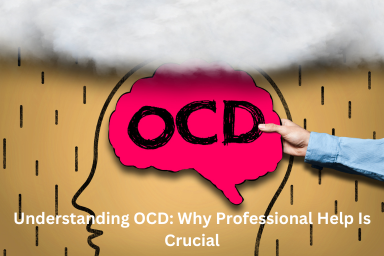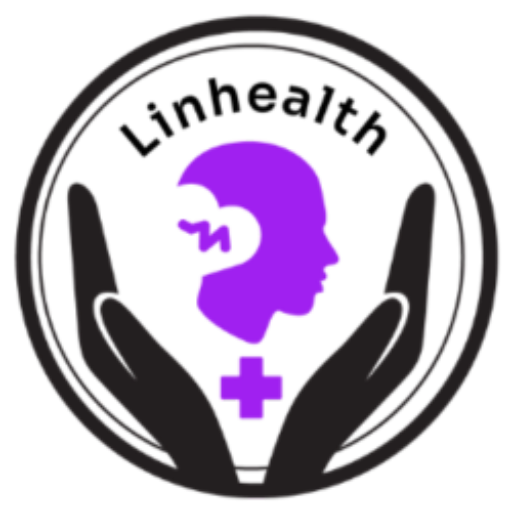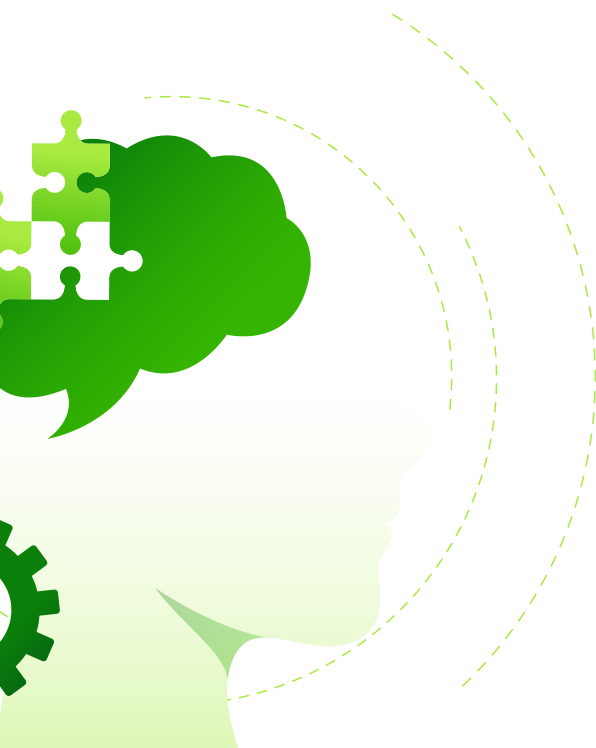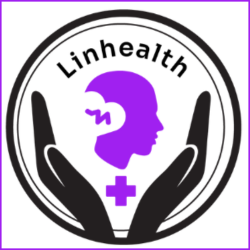
December 8, 2024
Introduction
Obsessive-Compulsive Disorder (OCD) is a mental health condition that affects millions of people worldwide. It is a complex and often misunderstood condition that can significantly impact an individual’s daily life. As a mental health professional, I, Dr. Linda Logang from Linhealths, aim to shed light on OCD, its symptoms, causes, and why seeking professional help is essential for those dealing with this condition.
What Is OCD?
Obsessive-Compulsive Disorder is characterized by the presence of obsessions and compulsions. Obsessions are intrusive and distressing thoughts, images, or urges that repeatedly occur in an individual’s mind. Compulsions, on the other hand, are repetitive behaviors or mental acts performed in response to the obsessions. These compulsions are aimed at reducing the distress caused by the obsessions.
OCD can manifest in various ways, but common themes include contamination fears, doubts, fears of harming others, and a need for symmetry or order. People with OCD often find it challenging to control these obsessions and compulsions, and the cycle can be incredibly disruptive to their daily lives.
Symptoms of OCD
Recognizing the symptoms of OCD is essential for early intervention. Common symptoms of OCD include:
- Intrusive thoughts: Distressing and irrational thoughts that come to mind repeatedly, causing significant anxiety.
- Compulsive behaviors: Repetitive actions such as handwashing, checking, or counting that are performed to alleviate the distress caused by obsessions.
- Avoidance behaviors: Avoiding situations, places, or objects that trigger obsessions.
- Time-consuming rituals: Spending a significant amount of time each day on compulsive behaviors.
- Impairment in daily functioning: OCD can interfere with work, social relationships, and daily responsibilities.
Why Professional Help Is Important
- Accurate Diagnosis: OCD can be challenging to diagnose, and individuals might not even recognize their symptoms. Seeking professional help ensures that the condition is correctly identified, which is the first step towards effective treatment.
- Tailored Treatment Plans: Mental health professionals can create personalized treatment plans based on the specific needs of the individual. Treatment often involves a combination of therapy, medication, and lifestyle adjustments.
- Cognitive-Behavioral Therapy (CBT): CBT, particularly Exposure and Response Prevention (ERP), is the most effective psychological treatment for OCD. A qualified therapist can guide individuals through ERP, helping them confront their fears and learn healthier coping strategies.
- Medication Management: In some cases, medication, such as Selective Serotonin Reuptake Inhibitors (SSRIs), can be prescribed to manage the symptoms of OCD. A mental health professional can assess the need for medication and monitor its effectiveness.
- Support and Understanding: Dealing with OCD can be isolating, and loved ones may not always understand the condition. Mental health professionals provide a safe and supportive environment for individuals to discuss their challenges and work towards recovery.
- Long-Term Management: OCD is a chronic condition, but with professional help, individuals can learn to manage their symptoms and lead fulfilling lives. Mental health professionals offer ongoing support to ensure long-term well-being.
Conclusion
Obsessive-Compulsive Disorder is a challenging condition that affects many individuals. Seeking professional help is crucial for those dealing with OCD because it offers an accurate diagnosis, personalized treatment plans, access to effective therapies like CBT, and ongoing support. With the right guidance, individuals with OCD can learn to manage their symptoms and improve their quality of life. If you or someone you know is struggling with OCD, don’t hesitate to reach out to a mental health professional to get the support needed to lead a healthier and happier life.



